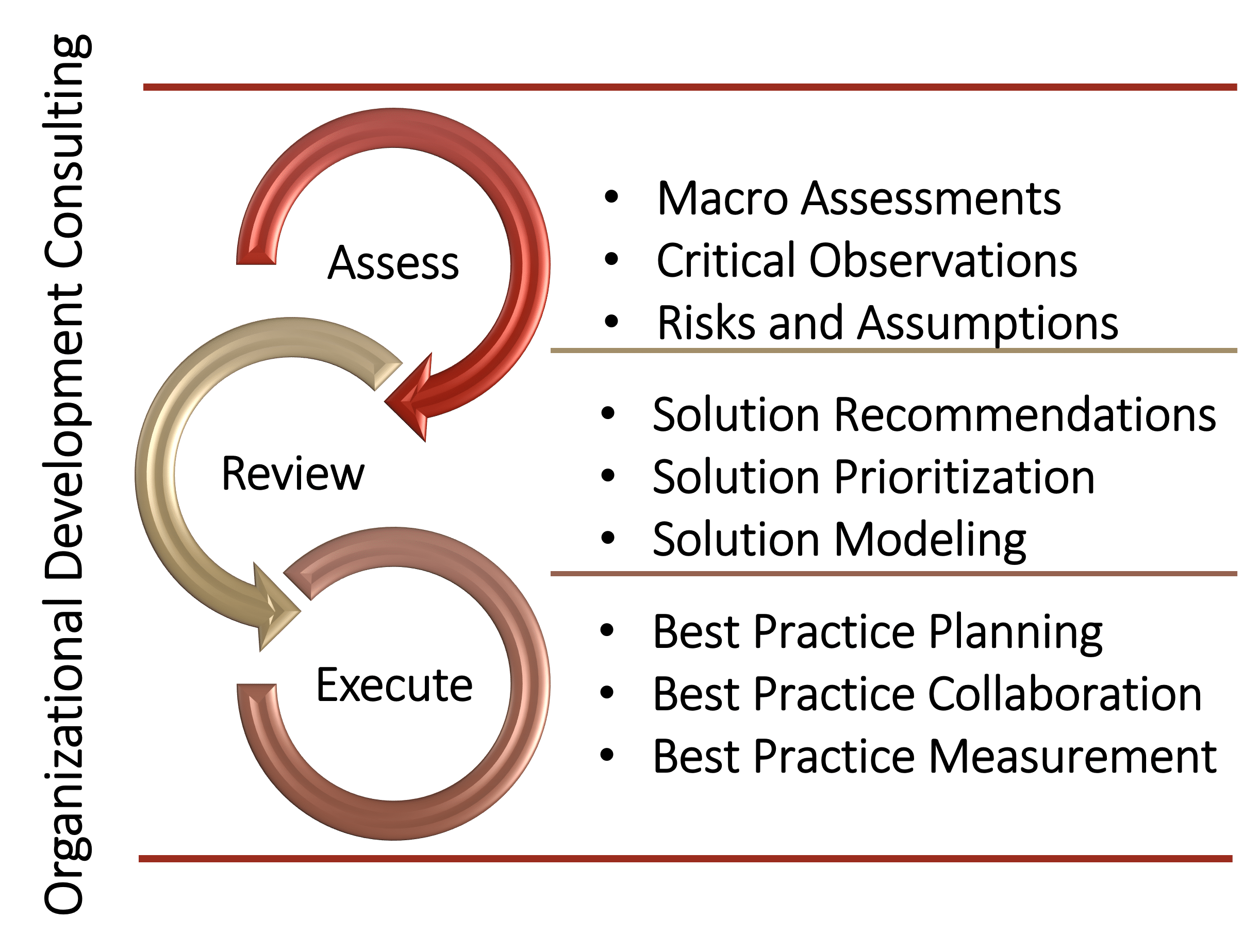Business Continuity Planning and Implementation Considerations
In today’s fast-paced and interconnected business landscape, the ability to swiftly respond to and recover from disruptions is paramount. Business Continuity Planning (BCP) stands as a critical strategy that equips organizations with the necessary framework to maintain operations and safeguard their interests in the face of unforeseen challenges. At Advanced Management Services, we specialize in crafting comprehensive BCP solutions that not only prepare businesses for potential crises but also enhance their overall resilience and agility. Our approach integrates industry best practices with tailored insights, ensuring that your organization can thrive, no matter what the future holds.
- Prevention and Recovery: BCP serves as a system for preventing and recovering from potential threats. Whether it’s natural disasters, cyber-attacks, or other disruptions, having a well-designed BCP ensures that personnel and assets are protected and can function swiftly in times of crisis.
- Risk Management: BCP involves identifying risks that can impact operations. By understanding these risks, organizations can implement safeguards and procedures to mitigate them. Regular testing ensures weaknesses are identified and corrected.
- Financial Impact: Disruptions due to threats lead to revenue loss and increased costs. Insurance alone isn’t sufficient; BCP helps prevent revenue decline and customer attrition.
- Operational Resilience: BCP allows organizations to continue operating during and after crises. It’s like an insurance policy for business processes, ensuring continuity even when faced with major disasters.
- Risk Spreading: BCP prevents disruptions from spreading. By containing the impact, it minimizes downtime, saving costs and maintaining customer trust.
Why Business Continuity Planning Is Important for Risk Management
The integration of BCP is imperative to support the strategic, operational, and tactical aspects of the enterprise. In fact, most progressive organizations leverage a form of BCP throughout all levels of the company. This activity is supported by skills such as strategic thinking, root cause analysis, and problem solving and is driven by good communications and networking presence. With "Agile" meaning "agility," the ability to plan and execute quickly will be the determining factor for many key performance indicators to be met.
Nurturing a Pipeline of Leaders
In a high-performance culture, succession planning isn’t an afterthought, it’s a strategic imperative. By identifying and developing future leaders, organizations ensure sustained excellence. As leaders, we must champion succession planning, fostering a legacy of capable, prepared individuals ready to lead the way.
- Identify Critical and Vulnerable Positions
- Develop Eligibility Requirements
- Identify a Talent Pipeline
- Nominate Successors from Qualified Positions
- Create an Action Plan for Successor(s)
- Evaluate the Succession Plan
Summary
BCP isn’t a luxury, it’s a strategic necessity. Organizations that prioritize BCP build resilience, protect their reputation, and ensure survival in an unpredictable world.
Organizational Development Consulting
Client-Centric Engagement Model
Each solution found in our catalog can be scaled to meet your organization's needs. Consulting engagements are built on a collaborative three-step process of Assess, Review, and Execute stage gates. This model provides a high value and collaborative approach that allows organizations to measure ROI, performance, and continuous improvement throughout the entire engagement. Our executive level team of consultants will provide actionable and practical recommendations that can be implemented via our collaborative approach to the partnership.

For the Enterprise
- Experience personalized service at scale. AMS has a global reach with the highest degree of expertise across a range of Fortune 500 companies, Government agencies and Global 2000 organizations.
For the Emerging and Middle-Market
- Experience the entrepreneurial spirt that our firm is founded on with a unique blend of expertise to accommodate the unique needs of smaller organizations.
Customize your Consulting Experience
- Align subject matter experts with your industry, region, and culture
- Support solutions with correlating Research
- Accelerate Individual Growth with Performance Coaching
- Supplement solutions with Professional Development Training
- Review Solution Briefings
- Integrate Digital Resources – Thought Leader Interviews – Insights Podcast
Join the ranks of leading organizations that have partnered with AMS to drive innovation, improve performance, and achieve sustainable success. Let’s transform together, your journey to excellence starts here.